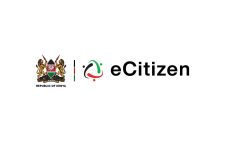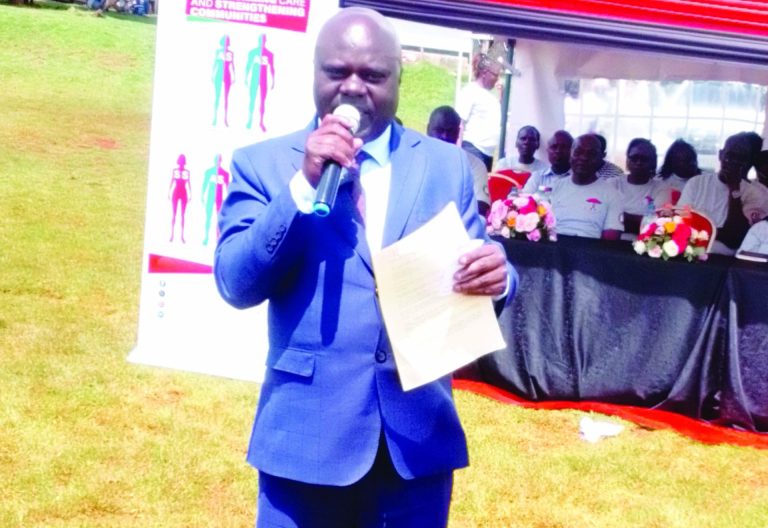Doctors face new tax rates for locum pay

Kenyan doctors engaged in temporary assignments will undergo a shift in their taxation framework that could see their earnings take a hit effective January 2024.
Currently, subject to a 5 per cent withholding tax, these medical professionals will transition to the Pay As You Earn (PAYE) system, marking a substantial change in the way their income is taxed.
Through the PAYE system, tax collection is done from the employment income of employees and remitted to the Kenya Revenue Authority at a higher rate compared to withheld taxes.
“Effective January 2024, all locum payments will be subject to PAYE as opposed to the 5 percent withholding tax,” a leading hospital notes in a letter to employees.
Shortage of professionals
This change is particularly relevant for specialty doctors who frequently provide their services across multiple hospitals. The widespread practice is driven by a shortage of skilled personnel in the healthcare sector, compelling these specialised medical practitioners to offer their expertise in various healthcare institutions.
Notably, the new taxation structure implies that some doctors may find themselves elevated to the 35 percent PAYE band. This transition to a higher tax bracket, applicable to those earning above Sh800,000 per month, will include locum payments as part of their gross income. The move is poised to impact the financial landscape for these doctors, prompting a reevaluation of their earnings and potential tax liabilities.
The shift from withholding tax to PAYE reflects the government’s commitment to streamlining the taxation system and ensuring equitable contributions from all sectors of the economy.
While the move may pose initial challenges for doctors managing multiple assignments, the incorporation of locum payments into the gross income could potentially enhance transparency and facilitate a fairer tax assessment.
To navigate these changes successfully, doctors are urged to familiarise themselves with the ongoing Tax Amnesty Programme. Given the mention of penalties, understanding the intricacies of this program is crucial for medical professionals seeking compliance with the updated tax regulations.
The Tax Amnesty Programme provides an opportunity for individuals to rectify any prior non-compliance issues, offering a window for doctors to align their financial records with the revised tax requirements without incurring additional penalties.
As the healthcare sector grapples with a shortage of skilled personnel, the taxation adjustments for temporary assignments underscore the need for comprehensive reforms in the industry. The impact of these changes will unfold in the coming months, prompting doctors to assess their financial strategies and leverage available resources to navigate the evolving tax landscape effectively.












